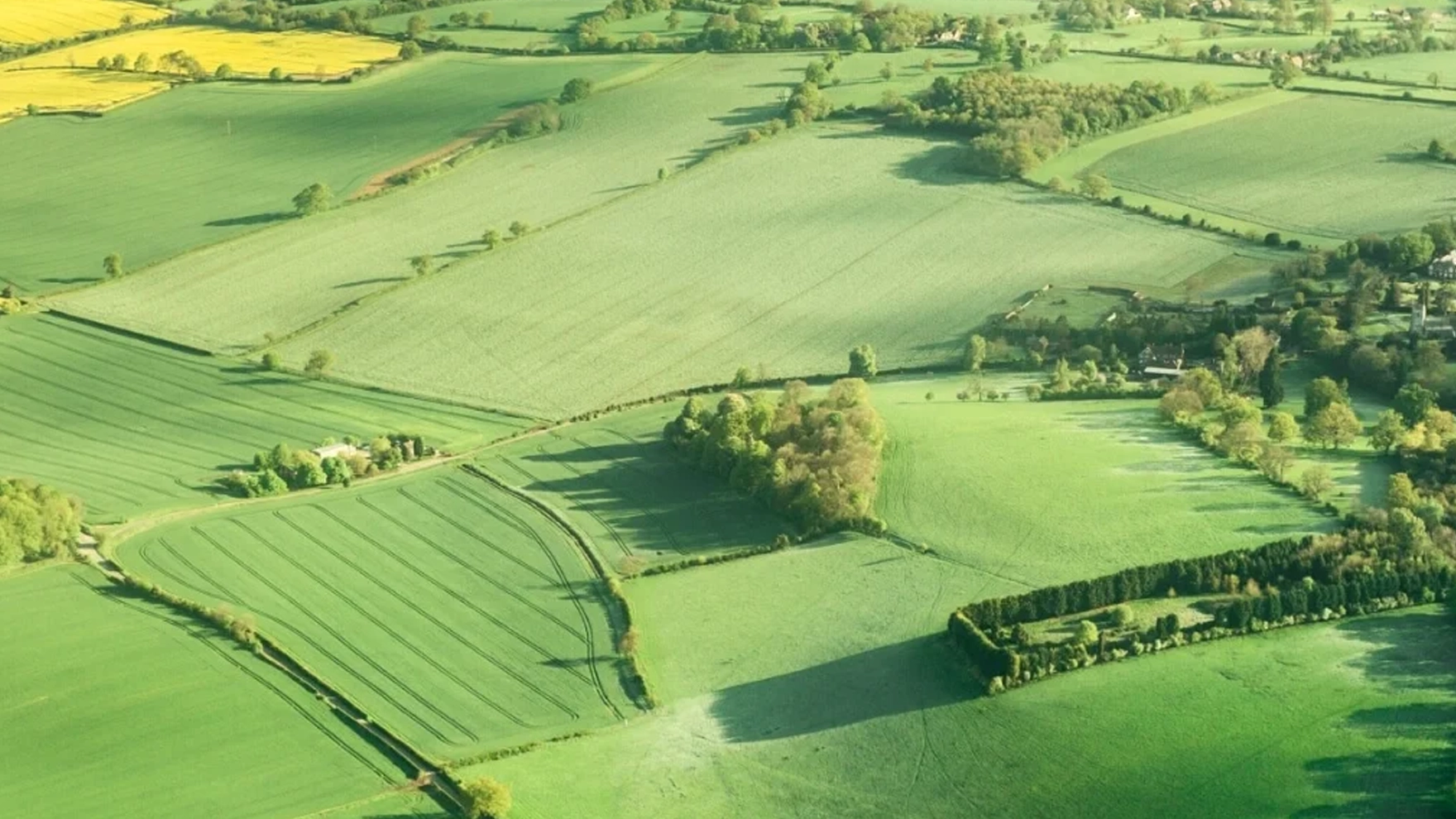Innovative Cooling Solutions for Sustainable Telecommunications

Cornerstone, the UK’s leading mobile infrastructure services company, is always looking to ‘innovate to elevate’ to ensure services are delivered in the most effective way possible to enable digital connectivity across the UK.
Challenge
Several thousand sites that we manage and own are indoor large cabins or rooms housing critical electrical, radio, and electronic equipment. These essential pieces of equipment produce heat and need to be kept cool.
At Cornerstone, we recognised that having an effective cooling strategy would ensure long-term environmental sustainability, business continuity and future-proof our network assets.
Solution
Building on this idea, Cornerstone implemented a free cooling strategy as part of the company’s dedicated cooling project in 2018 with the objectives of:
- Replacing obsolete infrastructure with new, more efficient cooling technology
- Providing reliable network updates
- Reducing power & energy consumption
- Reducing the embodied carbon footprint of our sites
- Minimising and reducing our Scope 1 GHG from F-gas
- Reducing complex high-temperature events
- Reducing mean time to repair (MTTR)
Collaborating with key suppliers, we evaluated each site based on multiple criteria to optimise efficiency and effectiveness. Every review was specific to each individual site, ensuring that the right plan with the most optimal final solution was developed.
The project installation across all the sites were grouped into 2 key categories:
- Free cooling – a fan unit that forces outdoor fresh air into the room to cool the equipment. The default standard.
- Split air-conditioning – these units use refrigerant to cool the room. Used as a last resort on internal rooms only.
Using this approach, thousands of installations were completed since April 2019, and delivered an overall ratio of more than 90% converted to free-air cooling. Compared to a 47% ratio prior to the project.

Benefits
The environmental benefits of the Free Cooling Strategy across the upgraded Cornerstone sites has resulted in:
- Conversions from A/C to free cooling resulted in up to 30% site energy saving. Average 11% energy saving per site per year throughout the program.
- Conversion from A/C to free cooling represented a 5 folds reduction in service affecting cooling faults
- More than 2000 old mechanical A/C units removed and replaced.
- A net figure of 3,296 kg F-gas refrigerant removed.
Put another way, Cornerstone have removed 6438 tons of CO2 “footprint” exposure from our Estate, the equivalent of about 3219 cars off* the road for a year.
As well as having a significant environmental benefit and enable to reduce our Scope 1 contribution from F-gas, implementing more efficient systems, provides enhanced resilience to the mobile network for tens of millions of people.
*assuming R407C GWP = 1774, and a ‘typical car’ produces 200 grCO2/miles driving 10k miles annually would produce 2,000kg of CO2 annually.
